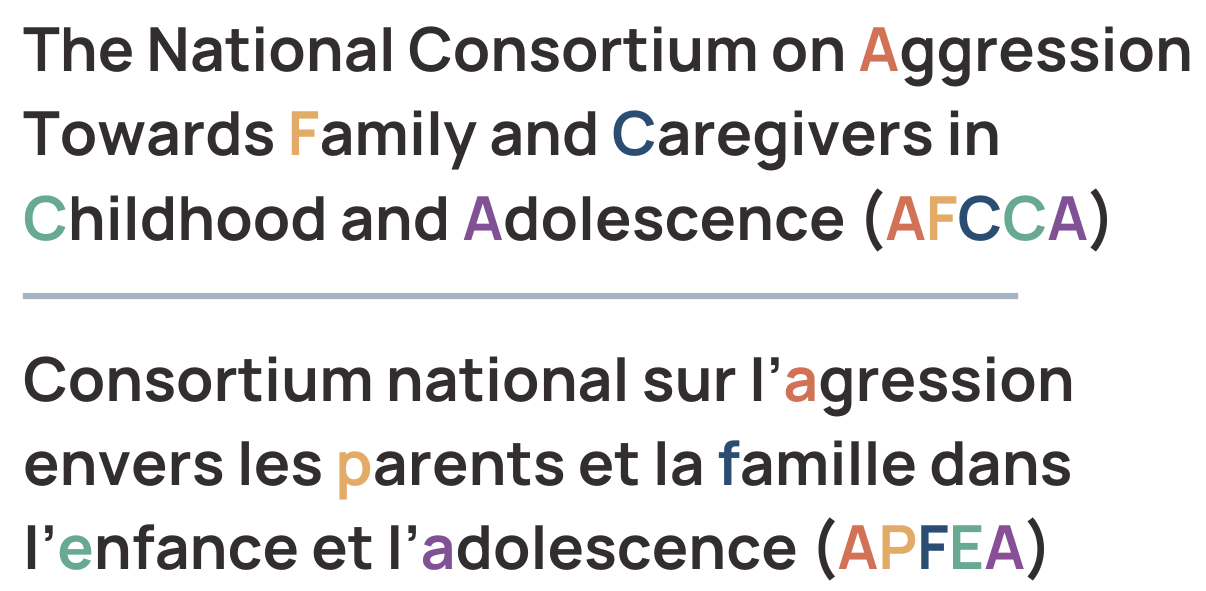get help
Families need to feel seen, understood, and supported. We’ve learned directly from families that the saying “it takes a village” is particularly true when a young person is experiencing AFCCA.
Here’s a few resources for you to try if you need help.
Family & Youth Directed Circles of Support
Our consultations with families and those supporting them have revealed that a best practice may be the development of family/youth directed circles of support where parents/caregivers are full partners alongside the youth, and a range of supports, strategies, and interventions can be employed in a holistic, responsive way, responsive to a family’s unique needs.
Youth with direct experience of AFCCA indicate that effective supports must include people with a genuine connection to the child. These circles of support will likely also include multi-disciplinary professionals and health providers responsible for various aspects of the child/ adolescents’ plan of care.
Resources for Families and Professionals
Visit our Resources and Education page for publicly available guides, webinars, research, and more. For parents/caregivers, the publicly available AFCCA Caregiver Training series from Adopt4Life’s AFCCA Family Supports Program is invaluable.
Emerging AFCCA Supports
As AFCCA becomes more understood in Canada, supports are becoming available to families, but are still limited in accessibility. Partners in the National Consortium on AFCCA include:
Interwoven Connections’ AFCCA Family Supports program provides peer and clinical supports for parents/caregivers in families formed by public adoption in Ontario, under an innovative project with the Ministry of Children, Community, and Social Services.
The Family Support Institute of British Columbia offers online peer supports, monthly virtual hangouts, and an extensive resource collection for families supporting a loved one with challenging behaviours.
Inspire Community Outreach provides families in Manitoba with resources and 1:1 supports related to AFCCA.
Additional Possibilities
Other youth mental health services, peer support networks for parents/caregivers or other family members, or community outreach teams for alternative methods to crisis response may also be helpful. Providers seeking to understand more about how to effectively support a family experiencing AFCCA can be referred to the Consortium’s Resources and Education page for more information and strategies.


